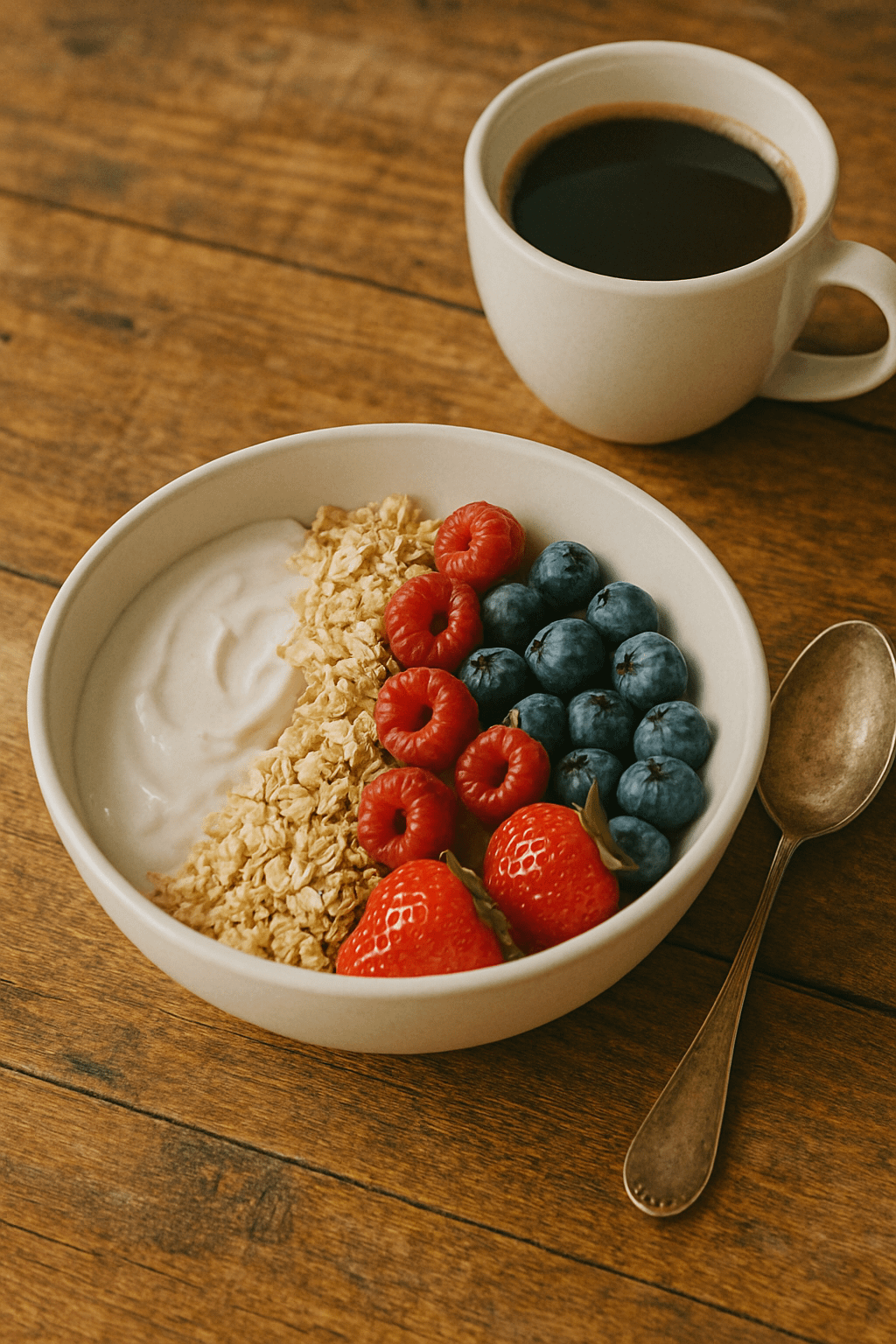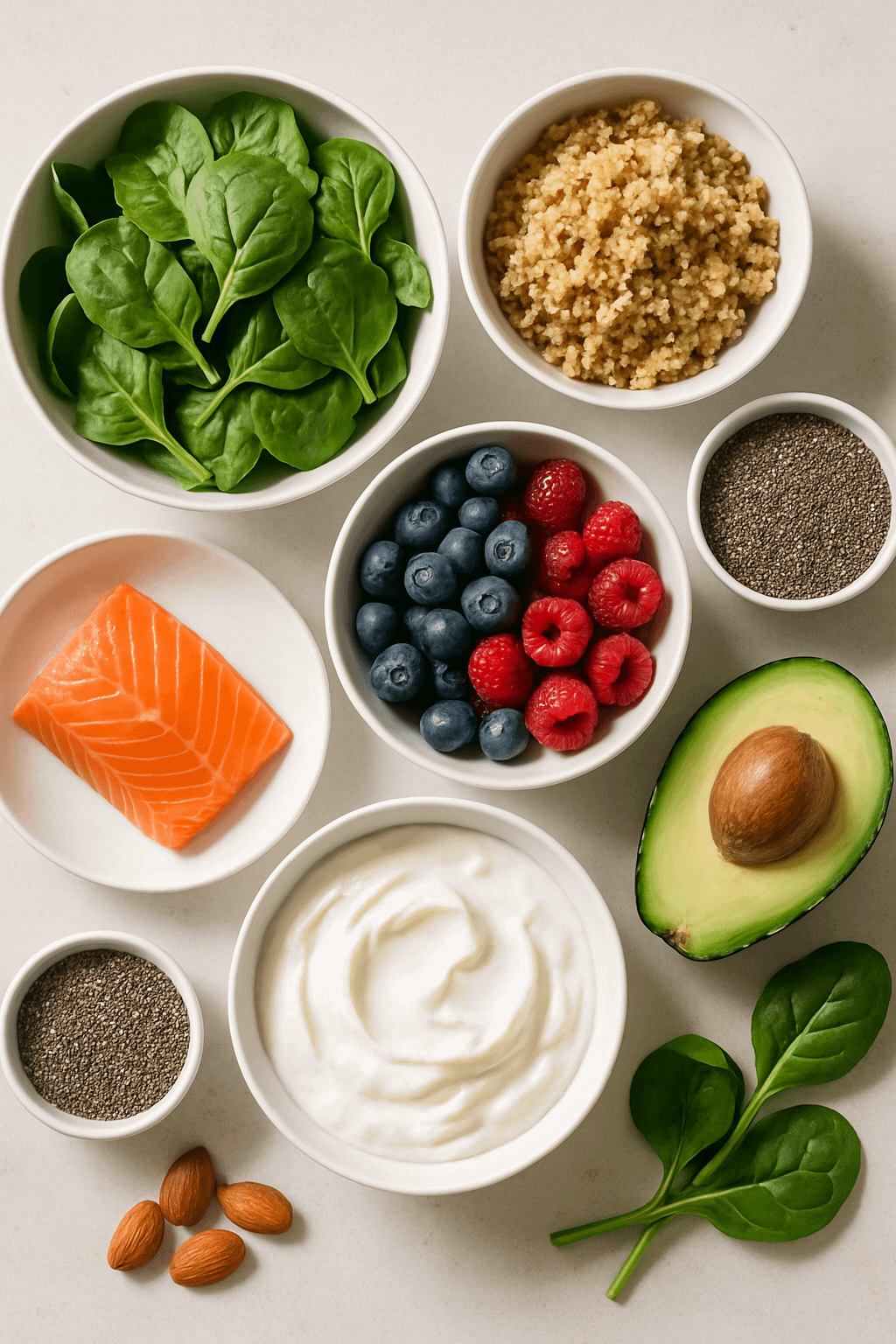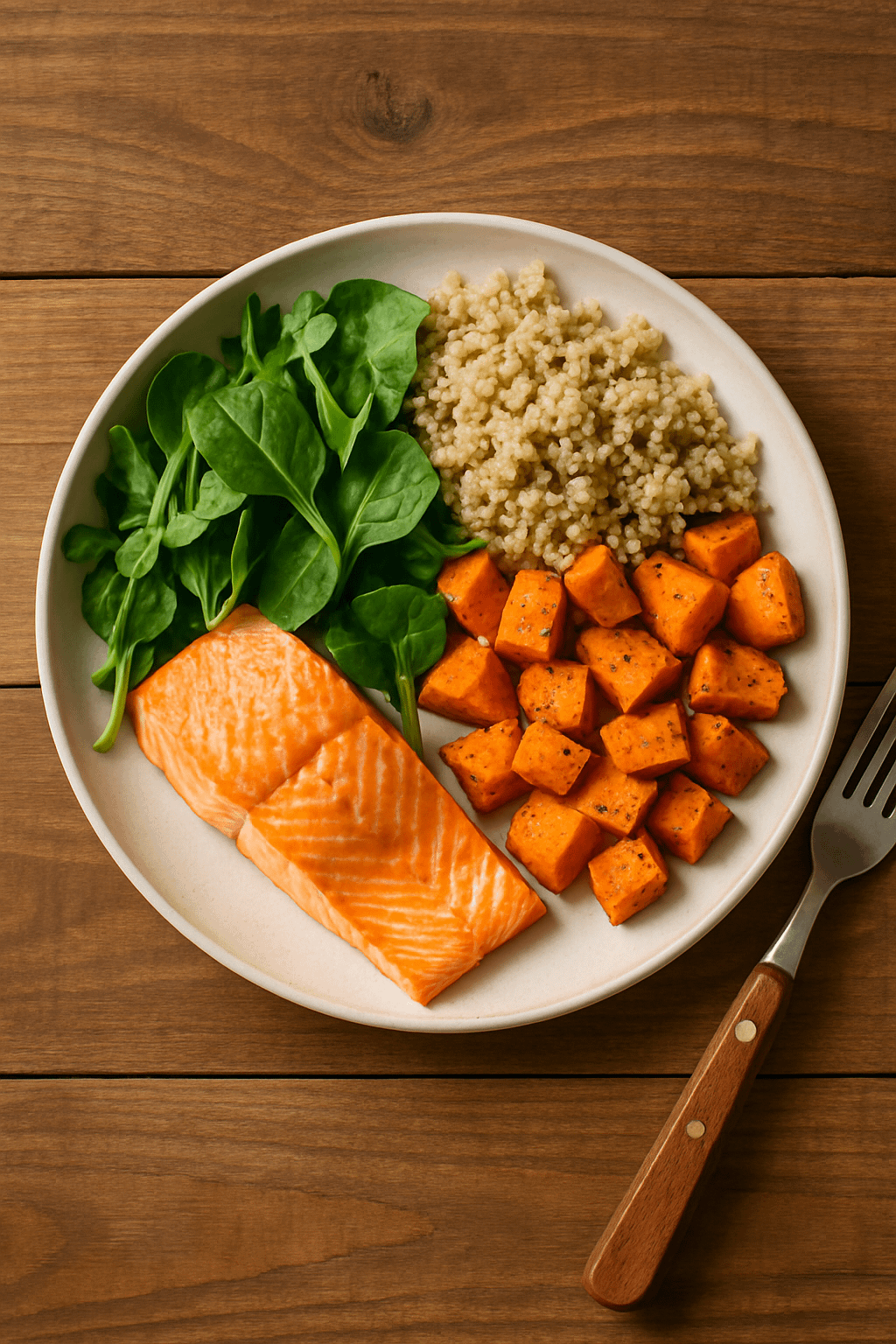The Science-Backed Morning Routine to Improve Mental Health, Focus & Energy
Start your day with intention, clarity, and calm — no 5 AM hustle needed. This 6-step routine is rooted in neuroscience and designed to elevate your mental health, naturally.
⚡ Key Benefits:
- Reduces morning cortisol spikes by 37%*
- Improves focus duration by 2–3 hours
- Prevents midday energy crashes
*Study: University of California, 2022

Step 1: Wake Up Without Your Phone (0–15 min)
Your nervous system is highly sensitive upon waking. Scrolling social media first thing triggers cortisol spikes and comparison stress. Place your phone in another room. Use a sunrise alarm clock or gentle ambient music to start your day slowly.
Step 2: Hydrate & Replenish (15–25 min)
Drink 500 ml of water with a pinch of sea salt and lemon. This rehydrates your brain, boosts alertness, and preps your metabolism.
Step 3: Breathwork or Gentle Movement (25–35 min)
Engage your parasympathetic system with breathwork, light yoga, or a mindful walk. Try 4-7-8 breathing or 5 minutes of sun salutations.

Step 4: Journaling for Mental Clarity (35–45 min)
Write freely: 3 things you’re grateful for, one intention for the day, or a short brain dump. This activates your prefrontal cortex and reduces mental noise.
Step 5: Nourishing High-Protein Breakfast (45–60 min)
Choose meals that balance protein, fiber, and fat — like Greek yogurt with berries, a protein smoothie, or overnight oats with seeds and nuts.

Step 6: Keep It Consistent
You don’t need a 2-hour ritual. Start with 15 minutes and build slowly. The power is in consistency — not complexity.
Helpful Tools for Your Morning Reset
Recommended products (Disclosure: Affiliate links support our research):
- ✔️ Sunrise Alarm Clock (Amazon) – Gentle wake-up light
- ✔️ Eco Yoga Mat (Amazon) – Non-toxic and grippy
- ✔️ Morning Guided Journal (Amazon) – Prompts for clarity
Further Reading:
📬 Want more evidence-based routines? Subscribe to the FitWisePRO Newsletter →
📸 Follow us on Instagram for daily wellness tips!
💬 Final Thought: Your nervous system thrives on safety, slowness, and nourishment. Design your mornings to support it — and your mental clarity will follow.





